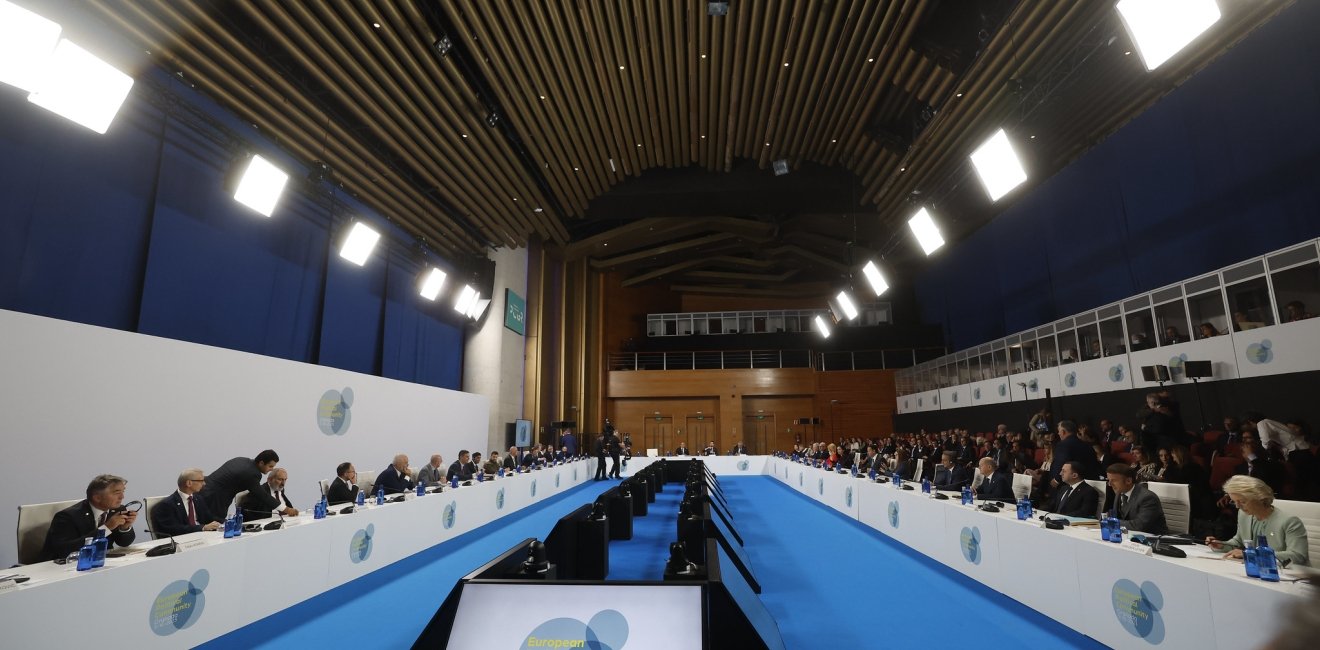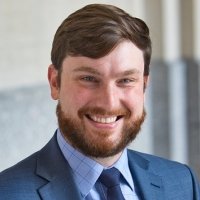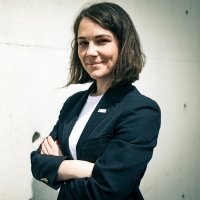The third meeting of the European Political Community (EPC)–the intergovernmental forum proposed by French President Macron and endorsed by the European Union–took place on October 5. Representatives of 44 countries assembled in the Alhambra in Granada, Spain amidst a backdrop of regional tensions and increasing calls for EU reform and enlargement. Expectations were high for this summit to begin paving the way toward a more structured format of cooperation on Europe’s strategic challenges. Furthermore, following the Franco-German report on reforming and enlarging the EU, there was silent anticipation the summit would help solidify the EPC’s potential in contributing towards the EU's enlargement process. However, the meeting in Granada seems to have done the opposite: spurring debates on the format’s continued purpose and capacity while failing to de-escalate tensions between Armenia and Azerbaijan, as well as Kosovo and Serbia. Despite the setbacks and challenges facing this summit, the EPC can still play a valuable role in maintaining the EU’s relationship to its neighbors and contributing to future enlargement discussions.
The enlargement process has long been considered the EU's greatest geostrategic tool. However, the significant lack of progress and active deferral of the accession process by some member states has seen the EU scrambling for influence. The EPC was seen as a way to facilitate dialogue among European countries through a more flexible framework. After two meetings in Prague and Chisinau, the EPC format showed potential in two unique ways.
First, the EPC serves as an agile framework for addressing collective strategic concerns in Europe and its neighborhood. At the last meeting in Moldova, the EPC was praised for bringing together heads of state from Armenia and Azerbaijan. In Granada, hopes were high that the flexible format of minilateral and bilateral meetings would provide some headway on resolving the Nagorno-Karabakh humanitarian crisis as well as de-escalate the tensions between Kosovo and Serbia. The last-minute cancellation by Azerbaijan’s President Aliyev and the harsh rhetoric from Kosovo’s President Osmani, as well as her lack of willingness to meet with her Serbian counterpart, left much to be desired. Although unsuccessful at resolving these tensions in Granada, the EPC still offers the potential for dialogue amongst unique groupings of countries – dialogue necessary to break through stalemates.
Secondly, the format serves as an informal pathway toward EU membership. In September a Franco-German working group presented its report on EU reform and enlargement to the General Affairs Council. Among other things, it proposed European integration should move forward in four concentric circles. The first (inner) circle would feature the deepest level of integration, such as membership in the Schengen area and the Eurozone, or other ways of enhanced cooperation. The second circle would consist of the EU membership itself, while the third circle would be composed of associate members participating primarily in the single market. The fourth circle is the European Political Community.
Although this report is not an official policy proposal, it shows creative thinking about the future role of the EPC. If the EU is not yet ready to welcome new member states,the Franco-German report sees the EPC as a format for convergence on strategic issues, such as security and energy, without immediate binding commitments. This would also increase the legitimacy of the merit-based accession process for candidate countries further down the road.
Expectations were therefore high for the third EPC summit. It was organized on the eve of the informal meeting of the European Council–a symbolic act by the Spanish EU Presidency. But internal EU tensions overshadowed the discussion. The EU has been struggling to find a common approach to deal with migration; it is also grappling with how and where to start its internal reforms for future enlargement (potentially by 2030). The Financial Times’ recent overview of the impact of Ukraine’s membership on the EU budget and Common Agricultural Policy further underscored the challenge integrating Ukraine into the union poses. Despite reports that French President Macron and German Chancellor Scholz would use the convening of leaders in Granada to rally EU member states around the idea of beginning accession talks for Ukraine, it seems Ukraine–as well as Moldova and the Western Balkan countries–are no closer towards their goal of EU membership.
The lukewarm results–Spain canceled its planned press conference to highlight accomplishments–failed to set any groundwork for a more structured cooperation. Despite this, the flexible and informal format of the EPC offers opportunities for engagement on equal footing between EU and non-EU members. EU leaders should therefore consider the role the EPC might play in achieving strategic goals as well as reforming the EU. With the next summit to take place in the UK, stakes will be high to deliver meaningful results and demonstrate the value of this dialogue. Despite the shortcomings of this third summit, the EPC remains a valuable platform for the EU and its neighbors to address shared challenges.







